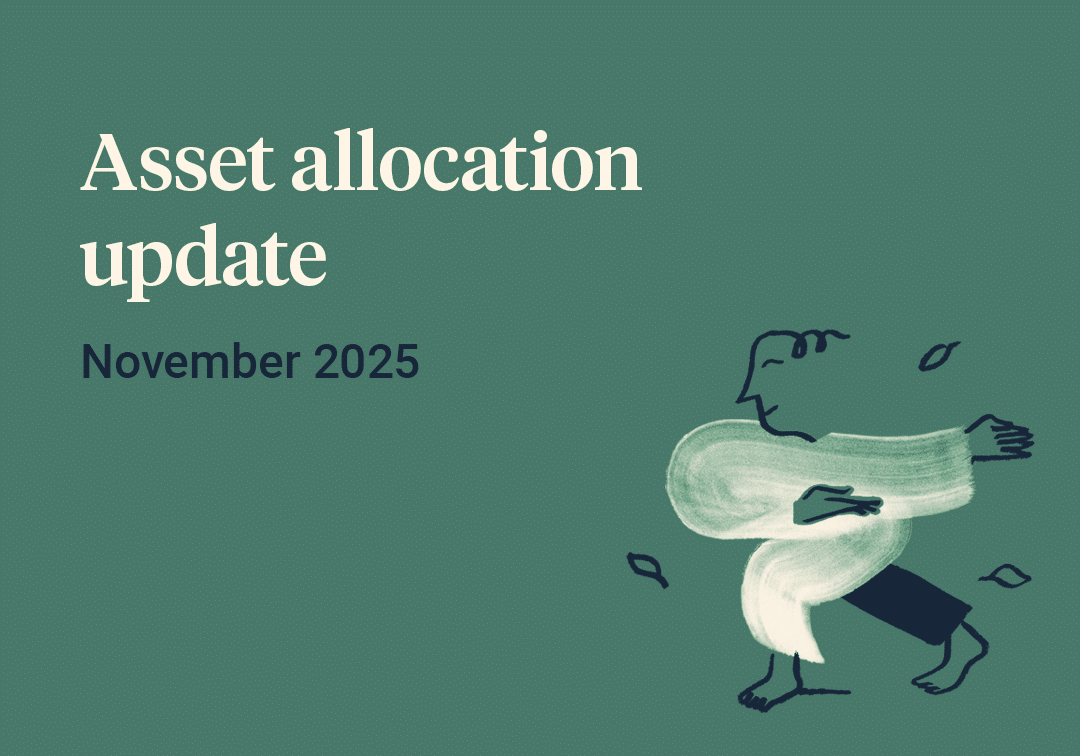So how do you go about investing for your children? This is something that clients regularly enquire about and the answer is slightly dependent on your circumstances.
As a useful guide, I have provided an overview of some of the most common options below…
1. Children’s easy access saving account
These savings accounts are often the first consideration for many parents. However, they suffer the same issue as any other savings account. Ultimately, the cash will fall in value over time due to inflation so, for the longer-term, these are poor investment options. If, however, you are saving for something in the near term, the flexibility of an easy access savings account can be highly beneficial.
2. Premium Bonds
Premium bonds certainly have their place but they’re slightly less attractive than most people believe. 70% of individuals holding up to £1,000 in Premium Bonds will not win anything. Those who have £10,000 in Premium Bonds receive, on average, winnings equivalent to a 0.75% annual return. It’s perhaps a little better than some of the savings’ rates available but, again, you will probably lose money to inflation over the long term.




